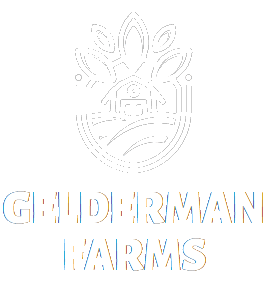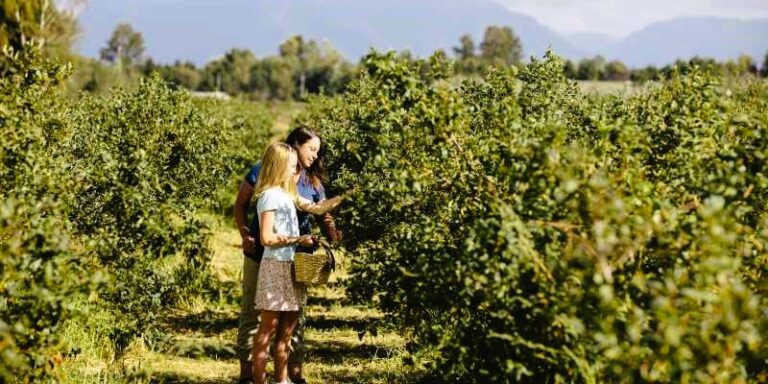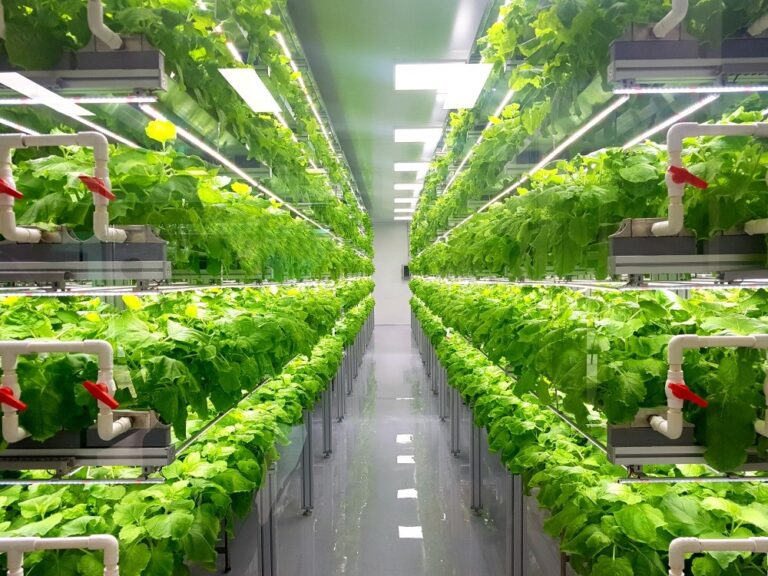In the picturesque landscapes of Abbotsford, Canada, conservation farming stands as a powerful testament to the harmonious coexistence between agriculture and the environment. As the world faces pressing environmental challenges, conservation farming emerges as a beacon of hope, offering sustainable solutions to protect Abbotsford’s natural resources and preserve its breathtaking beauty for generations to come.
Understanding Conservation Farming
Conservation farming, also known as sustainable farming or regenerative agriculture, is an agricultural approach that seeks to optimize crop yields while minimizing the impact on the environment. It centers on practices that prioritize soil health, water conservation, biodiversity, and responsible resource management. By integrating traditional wisdom with modern innovation, conservation farming in Abbotsford aims to strike a balance between agricultural production and ecological preservation.
The Pillars of Conservation Farming
Conservation farming in Abbotsford is built upon several foundational pillars that guide its practices and principles.
1. Soil Health
At the core of conservation farming lies a profound focus on soil health. Healthy soil is the foundation of successful agriculture and sustains the growth of crops through optimal nutrient availability and water retention. Farmers in Abbotsford employ techniques such as cover cropping, reduced tillage, and organic matter incorporation to improve soil structure and fertility.
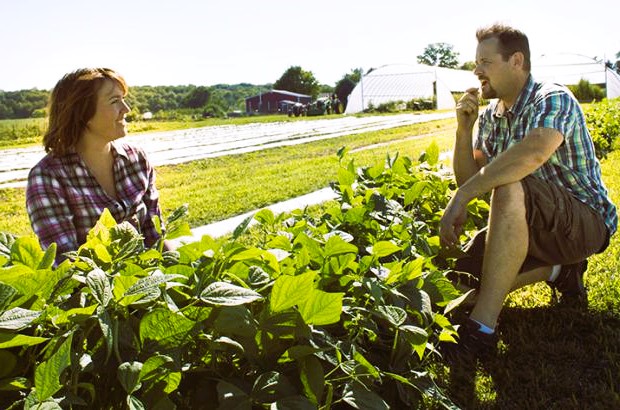
2. Water Conservation
Water is a precious resource in Abbotsford, and conservation farming prioritizes its responsible use. Farmers adopt irrigation methods that maximize water efficiency, such as drip irrigation and rainwater harvesting. By minimizing water wastage, conservation farming helps protect local water resources and supports the region’s ecosystems. Like the article? Read also about how COVID-19 has affected farms and farming.
3. Biodiversity
Conservation farming celebrates biodiversity by cultivating a diverse range of crops and preserving native plant species. Farms in Abbotsford embrace crop rotation and intercropping, which promote natural pest control and enhance soil fertility. Additionally, they create habitats for beneficial insects and wildlife, contributing to the overall health of the agricultural landscape.
4. Reduced Chemical Inputs
Farmers in Abbotsford practicing conservation farming minimize the use of synthetic chemicals, such as pesticides and fertilizers. Instead, they employ integrated pest management (IPM) strategies that prioritize biological controls and natural pest deterrents. By reducing chemical inputs, conservation farming protects the environment and promotes healthier food production.
5. Sustainable Livestock Management
Conservation farming extends beyond crops to include sustainable livestock management. Farmers adopt rotational grazing and provide access to open spaces, ensuring the well-being of their livestock while minimizing the impact on natural habitats.
Government Support and Agricultural Policies
The Canadian government recognizes the importance of conservation farming and supports farmers in Abbotsford through various initiatives. The Canadian Agricultural Partnership (CAP) invests in projects that promote sustainable agricultural practices, innovation, and soil health. Additionally, agricultural policies emphasize responsible resource management and environmental conservation, providing a framework for farmers to implement conservation farming practices.
Conservation Farming and Climate Change
Conservation farming plays a significant role in mitigating the effects of climate change in Abbotsford and beyond. Sustainable soil management enhances carbon sequestration, reducing greenhouse gas emissions and contributing to climate change mitigation. Moreover, water conservation practices help build resilience against droughts and extreme weather events associated with climate change.
The Role of Agricultural Education
Educational institutions and organizations in Abbotsford play a vital role in promoting conservation farming. The University of the Fraser Valley (UFV) offers programs in sustainable agriculture, equipping future farmers with the knowledge and skills needed to implement environmentally-friendly practices. Organizations like the Certified Organic Associations of British Columbia (COABC) also support farmers in transitioning to conservation farming methods.
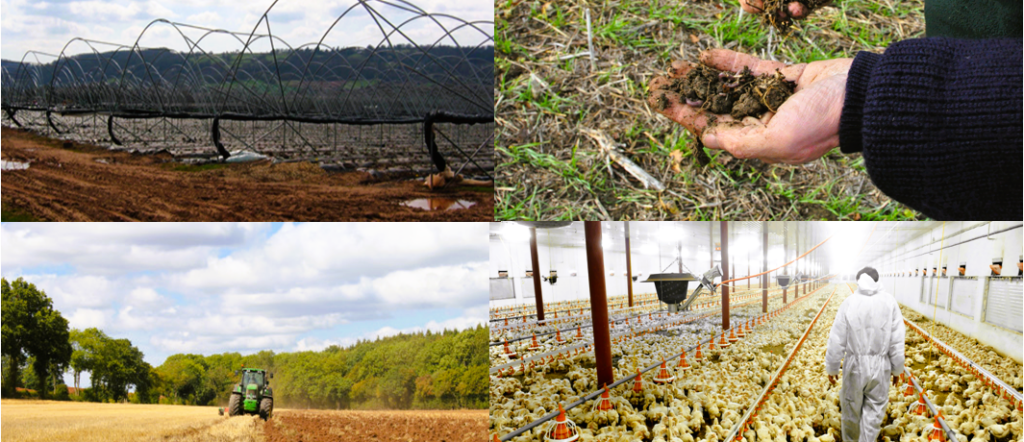
Community Engagement and Outreach
Conservation farming in Abbotsford is not limited to the fields; it involves the entire community. Farmers engage with the public through agrotourism initiatives, farmers’ markets, and educational programs. These interactions foster a deeper connection between consumers and the land, encouraging a greater appreciation for the efforts of farmers and the significance of conservation farming.
Conclusion
Conservation farming in Abbotsford is a testament to the harmonious relationship between agriculture and the environment. By prioritizing soil health, water conservation, biodiversity, and sustainable practices, farmers in Abbotsford contribute to the preservation of the region’s natural resources and ecological balance. As the world faces environmental challenges, conservation farming offers a sustainable path forward, inspiring communities, and policymakers to safeguard Abbotsford’s breathtaking landscapes and agricultural heritage for future generations.
Sources:
- Wikipedia – Conservation Farming
